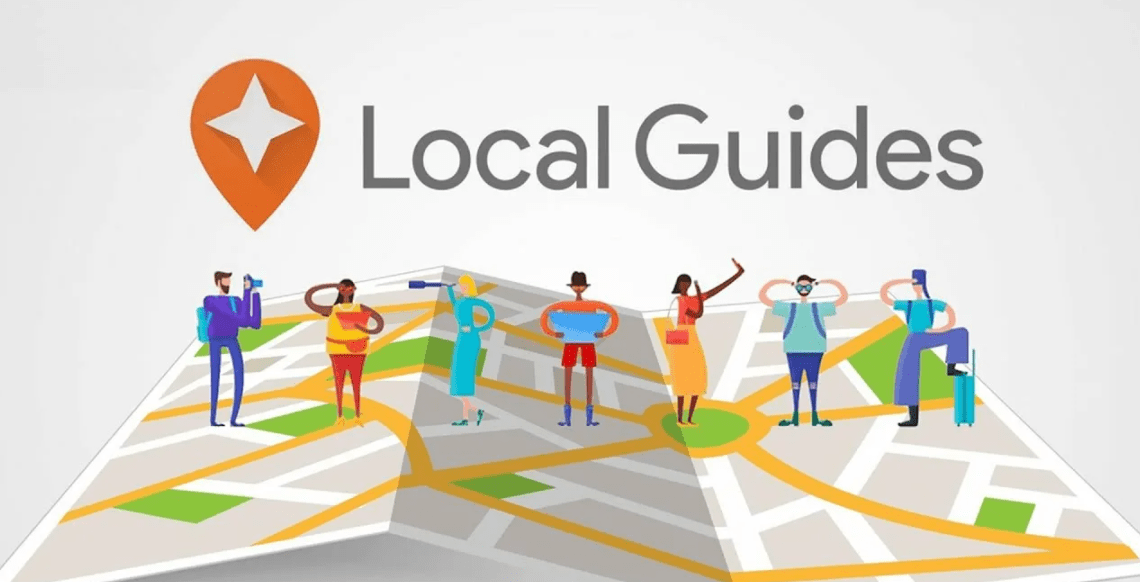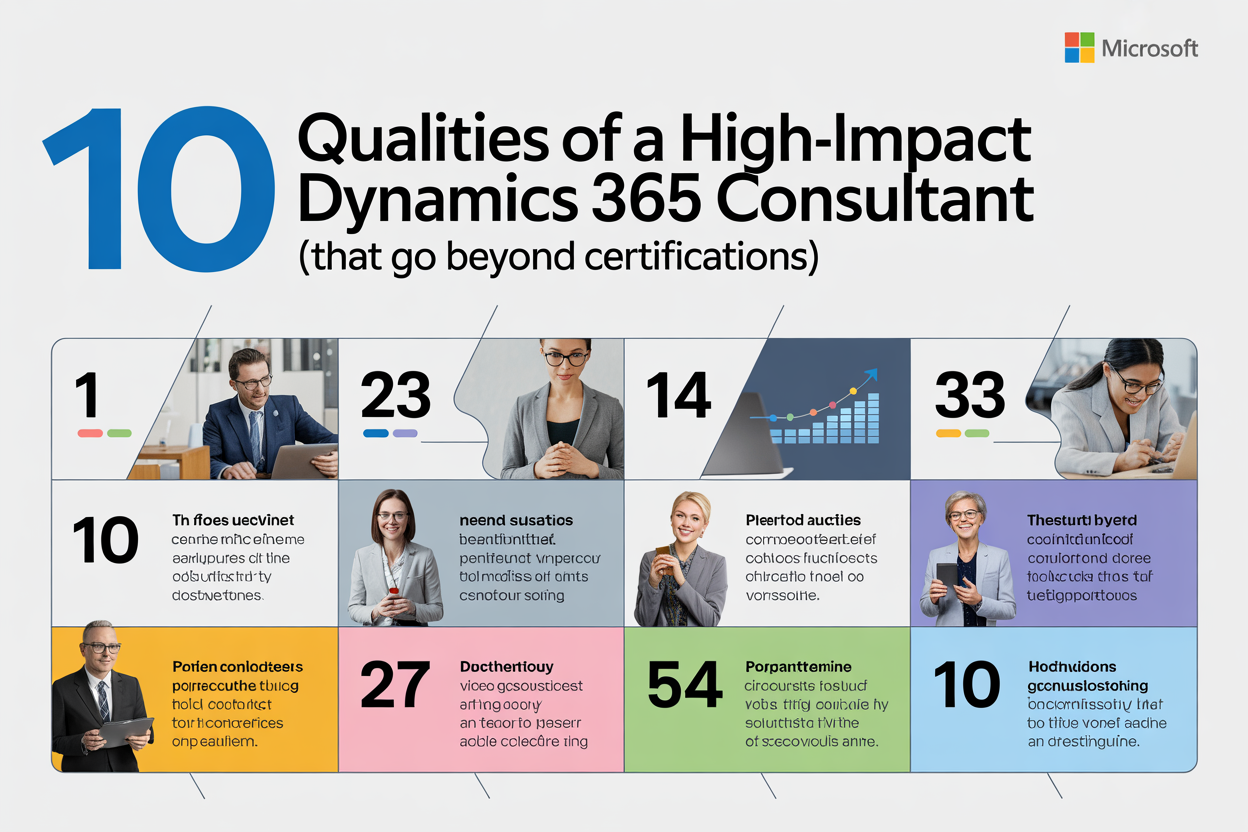In an era where digital information is pivotal in decision-making, the role of local insights cannot be overstated. The Local Guide Program, spearheaded by Google, is a community-driven initiative designed to leverage the collective knowledge of individuals to enrich and enhance the Google Maps experience. This program not only benefits users by providing more accurate and diverse information but also empowers local guides with a sense of contribution and recognition.
What is the Local Guide Program?
The Local Guide Program is an extension of Google Maps that invites users to share their experiences and knowledge about places they visit. This contribution can be in the form of reviews, photos, videos, and even factual updates about a location. By doing so, local guides help create a more reliable and comprehensive map service that can be utilized by millions around the globe.
The program is open to anyone with a Google account, and participation is free. Once signed up, local guides can start contributing immediately. Each contribution earns points, which can accumulate to increase a guide’s level. Higher levels unlock various perks, from early access to new Google features to exclusive invites to events hosted by Google.
The Role and Impact of Local Guides
Local guides play a crucial role in enhancing the accuracy and usefulness of Google Maps. Here are some ways they contribute:
- Reviews and Ratings: Guides share their personal experiences about restaurants, shops, parks, and other places, providing valuable insights for future visitors. These reviews can range from detailed narratives to simple star ratings, helping others make informed decisions.
- Photos and Videos: Visual content is a powerful tool in decision-making. By uploading photos and videos, local guides offer a glimpse into the ambiance, quality, and uniqueness of places, which can be particularly useful for tourists or new residents.
- Fact-Checking and Updates: The dynamic nature of cities means that information can quickly become outdated. Local guides help keep Google Maps current by updating information such as opening hours, contact details, and addresses.
- Answering Questions: Users often have specific questions about places. Local guides can answer these queries, providing firsthand insights and fostering a community of shared knowledge.
- Accessibility Information: For people with disabilities, accessibility information is critical. Local guides can highlight accessible entrances, seating arrangements, and other relevant details that help make places more inclusive.
Benefits for Local Guides
While the primary motivation for many local guides is the satisfaction of helping others, there are tangible benefits to participating in the program:
- Recognition and Rewards: Local guides earn points for their contributions, which help them climb levels within the program. Higher levels come with various rewards, such as early access to new Google features, exclusive badges, and invites to special events.
- Community Engagement: Being a part of the local guide community offers opportunities to connect with like-minded individuals. Google occasionally hosts meetups and events where guides can share experiences and tips.
- Skill Development: Regularly contributing to the program helps improve writing, photography, and observational skills. These are valuable assets not only within the program but also in professional and personal contexts.
- Influence and Impact: Guides have a direct impact on their communities by sharing information that can boost local businesses and enhance the overall user experience on Google Maps.
- Exploring New Places: The program encourages guides to explore their surroundings, visit new places, and engage with their communities, fostering a sense of adventure and curiosity.
Challenges and Considerations
While the Local Guide Program is highly beneficial, it does come with its own set of challenges and considerations:
- Quality Control: Ensuring the accuracy and quality of contributions is a significant challenge. Google employs various algorithms and human moderators to review content, but the sheer volume of contributions can make it difficult to maintain consistent quality.
- Motivation and Consistency: Maintaining consistent participation can be challenging for guides. Initial enthusiasm might wane over time, leading to a decrease in contributions. Google addresses this by offering periodic incentives and gamifying the experience.
- Privacy Concerns: Sharing detailed reviews and photos can sometimes lead to privacy concerns, especially in smaller communities. Guides need to be mindful of the information they share and respect the privacy of others.
- Commercial Influence: There is a risk of commercial entities trying to influence reviews or contributions. Google has policies in place to prevent and penalize fraudulent activities, but vigilance is always required.
Future of the Local Guide Program
The Local Guide Program is poised for continuous growth and evolution. As technology advances, we can expect several enhancements:
- Enhanced Interactivity: Future updates might include more interactive features, such as augmented reality (AR) experiences, allowing users to get a real-time feel of a place through their smartphones.
- Artificial Intelligence (AI) Integration: AI can help in better curating and validating contributions, ensuring higher quality and relevance of the information provided by local guides.
- Expanded Incentives: Google may introduce more diverse incentives to keep guides motivated, including more substantial rewards and recognition systems.
- Broader Accessibility Features: As awareness about accessibility increases, the program might place more emphasis on gathering detailed accessibility information, making Google Maps more inclusive.
- Global Reach with Local Relevance: Google will likely continue to focus on making the program globally accessible while ensuring that the contributions are locally relevant, respecting cultural and regional differences.
Conclusion
The Local Guide Program stands as a testament to the power of community-driven initiatives in the digital age. By harnessing the collective knowledge and experiences of its users, Google has created a more dynamic, accurate, and user-friendly map service. For local guides, the program offers not just rewards and recognition, but a profound sense of contribution and impact. As the program evolves, it will undoubtedly continue to enhance our understanding of the world, one review at a time.
Sign up for our Daily newsletter
We'll be in your inbox every morning Monday-Saturday with all the day’s top business news, inspiring stories, best advice and reporting from Entrepreneur,


